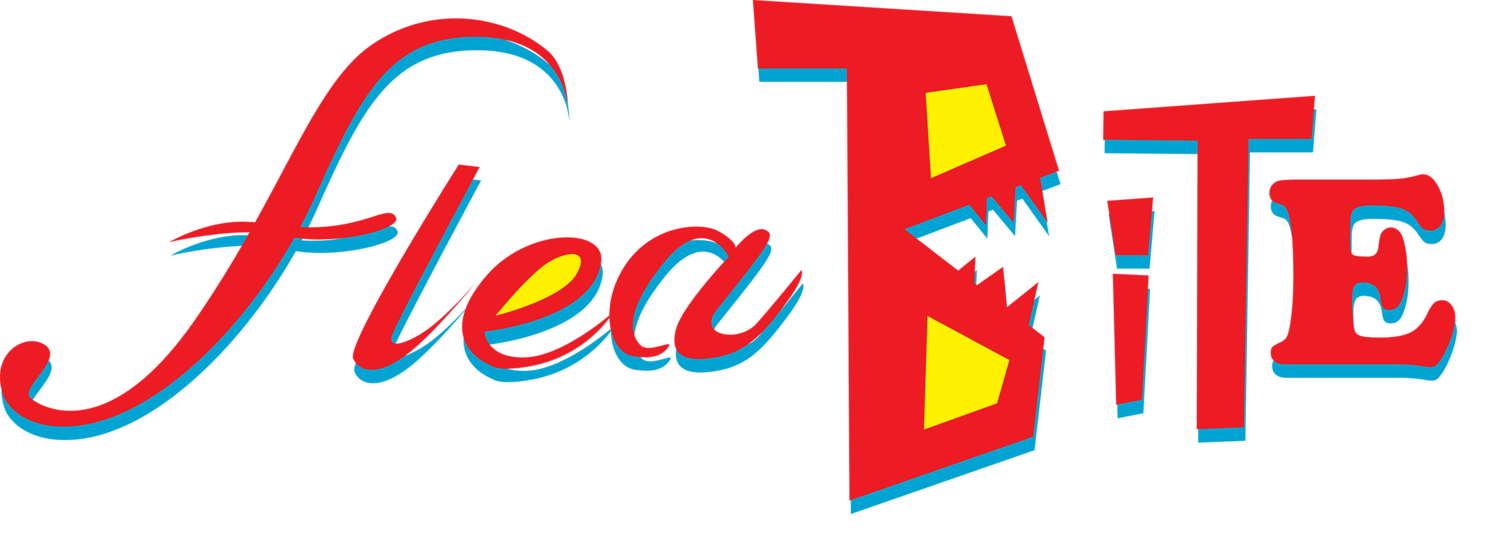Margaret Mahy R.I.P
Writer Margaret Mahy was my childhood hero.
When Fatcat & Fishface put out their first album HORRIBLE SONGS FOR CHILDREN, in the late 1990’s, I decided to send a copy to Margaret.
She replied with a thoughtful two page typewritten letter.
In memory of this generous, talented New Zealand writer whose work sparkled with wit and a sense of wonder at the world, I include excerpts of her letter – I don’t think she would mind me sharing her thoughts on writing for children.
MARGARET MAHY:
“A lot of people want sweet little songs for children…but children themselves often want something much more barbaric than their parents do. Their own playground culture, their rhymes and songs, are traditionally ruthless. A lot of people want to protect children from truth because we have inherited, against many probabilities, the idea that children should lead innocent childhoods, something children often do not want to do. They want to be fully informed human beings. I think children gain from maverick songs and stories, and they certainly enjoy them.
Anyone working in the area of any sort of art for children is in a very shifty field indeed. There is such a collision of such a variety of motives. I mean most of the folktales we tell children were not originally for children at all – they were the stories of a community, and children as part of that community inherited them. People listened together to the same stories, though no doubt children had their favourites. The first books written specifically for children seem to have been textbooks – books written to instruct – and early on people began to use stories to instruct too. This is still a huge expectation where children’s books are concerned, whether the expectation is fulfilled through stories with good 19th Century morals, or the sorts of stories some people decide nowadays as ‘politically correct’.
I think the critic that connected you with Badjelly The Witch was making a good connection. Spike Milligan is a very anarchic person and though one can use words like ‘bum’ fairly readily in children’s books now, it was astonishing back then, when Milligan called the cat ‘Fluffybum’. Children loved it. Since then there has been a great loosening up – sometimes exploitatively, as if all one had to do to attract children to a story was to use the word ‘bum or something similar. I do think Australia and New Zealand have a more rugged culture at junior level than the USA, though this is a big generalization, and there is certainly more variation in books than there is, apparently in music.
I’m not opposed to sweet and gentle songs for children, and I don’t want songs to be unduly sadistic. I do think there are good reasons to acknowledging the culture of the playground…I think there is relief for children in telling stories and songs where they are ones in power or where their preoccupations are recognized. I think you do this.
Congratulations on your songs, which do connect with childhood – well, with childhood’s view of itself, rather than the view that many people have of what childhood should be. Best wishes to go on with…”


